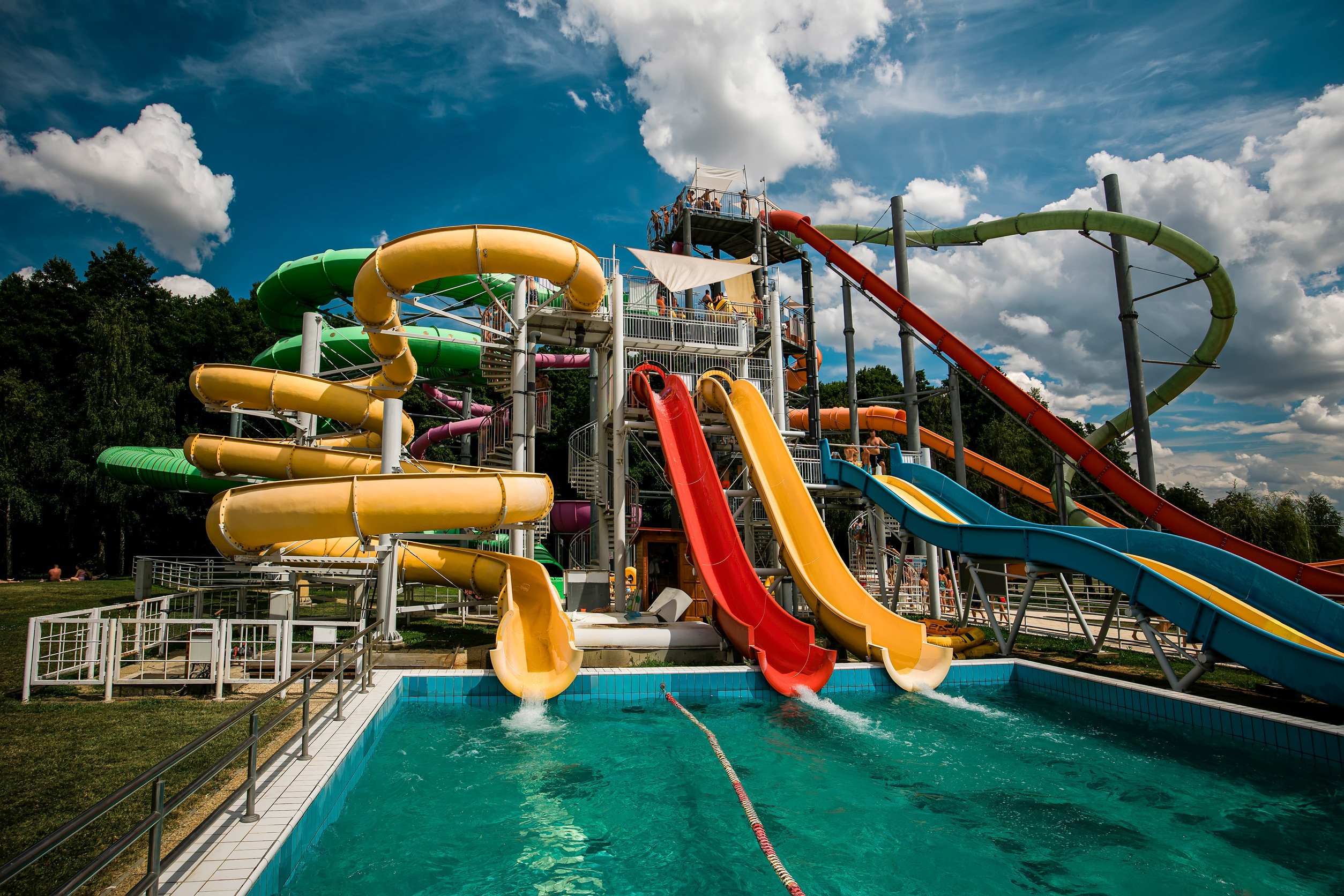2 min read
Jekyll Island v. Polygroup Macau: Eleventh Circuit Revives Trademark Suit
Joe Whitcomb
:
October 16, 2025

Jekyll Island-State Park Authority, a Georgia state entity, manages the historic Jekyll Island resort area. The Authority operates the Georgia Sea Turtle Center, which engages in wildlife rehabilitation, research, and public education. In 2008, the Authority began using the mark "Turtle Safe Lighting" in connection with products designed to protect nesting sea turtles from artificial light. The mark was registered with the United States Patent and Trademark Office (USPTO) in 2012.
Polygroup MacAu Limited, a Hong Kong-based manufacturer, produced and sold decorative lighting products through major U.S. retailers. In 2019, Polygroup began marketing a line of LED products using the term "Turtle Safe," claiming the lights minimized harm to sea turtles. The Jekyll Island-State Park Authority sent a cease-and-desist letter asserting that Polygroup’s use of the mark violated its federally registered trademark rights.
Polygroup refused to discontinue use and filed a petition with the USPTO’s Trademark Trial and Appeal Board (TTAB) seeking cancellation of the "Turtle Safe Lighting" registration. Polygroup alleged that the term was generic or merely descriptive and therefore not protectable under the Lanham Act.
TTAB Proceedings
The TTAB found in favor of Polygroup, holding that the phrase "Turtle Safe Lighting" was merely descriptive of lighting products designed to be safe for turtles. It concluded that the mark lacked secondary meaning because consumers understood it primarily as a descriptive phrase rather than identifying a single source. The Authority appealed the decision to the United States Court of Appeals for the Eleventh Circuit.
Issues on Appeal
On appeal, the Authority argued that the TTAB erred in concluding the mark was not distinctive. It contended that the phrase had acquired secondary meaning through continuous use and consumer recognition, supported by sales records, media references, and third-party acknowledgments linking the phrase to the Georgia Sea Turtle Center. Polygroup maintained that the phrase remained descriptive, asserting that "turtle safe" directly conveyed an intended function and that the addition of "lighting" did not create distinctiveness.
Appellate Review
The Eleventh Circuit reviewed the TTAB’s factual findings under a substantial evidence standard and its legal conclusions de novo. The court examined whether the phrase "Turtle Safe Lighting" functioned as a source identifier or simply described a product feature.
The court determined that substantial evidence supported the TTAB’s finding that the mark was descriptive. It reasoned that the words “turtle safe” immediately communicated a characteristic of the product — its safety for turtles — and that the inclusion of “lighting” did not transform the phrase into an inherently distinctive mark. The court also found insufficient evidence of secondary meaning. While the Authority presented proof of long-term use and some public recognition, the record did not demonstrate that consumers primarily associated the term with the Authority rather than the general concept of environmentally safe lighting.
The Authority further argued that Polygroup’s petition should have been barred by laches, given that the mark had been registered since 2012 and Polygroup’s challenge came years later. The court rejected this argument, noting that cancellation proceedings under Section 14 of the Lanham Act are not subject to laches when the mark is alleged to be merely descriptive and registered in error.
Court’s Ruling
The Eleventh Circuit affirmed the TTAB’s decision. It held that the phrase “Turtle Safe Lighting” was merely descriptive and had not acquired secondary meaning sufficient for trademark protection. The ruling left the Authority’s registration cancelled, allowing Polygroup and others to use similar descriptive terminology in marketing their products.
Assistance with Trademark Law Matters
If your business is facing issues involving trademark registration, infringement, or cancellation proceedings, Whitcomb, Selinsky PC assists with trademark law matters. Contact our team to learn how we can help protect your intellectual property and brand identity.


